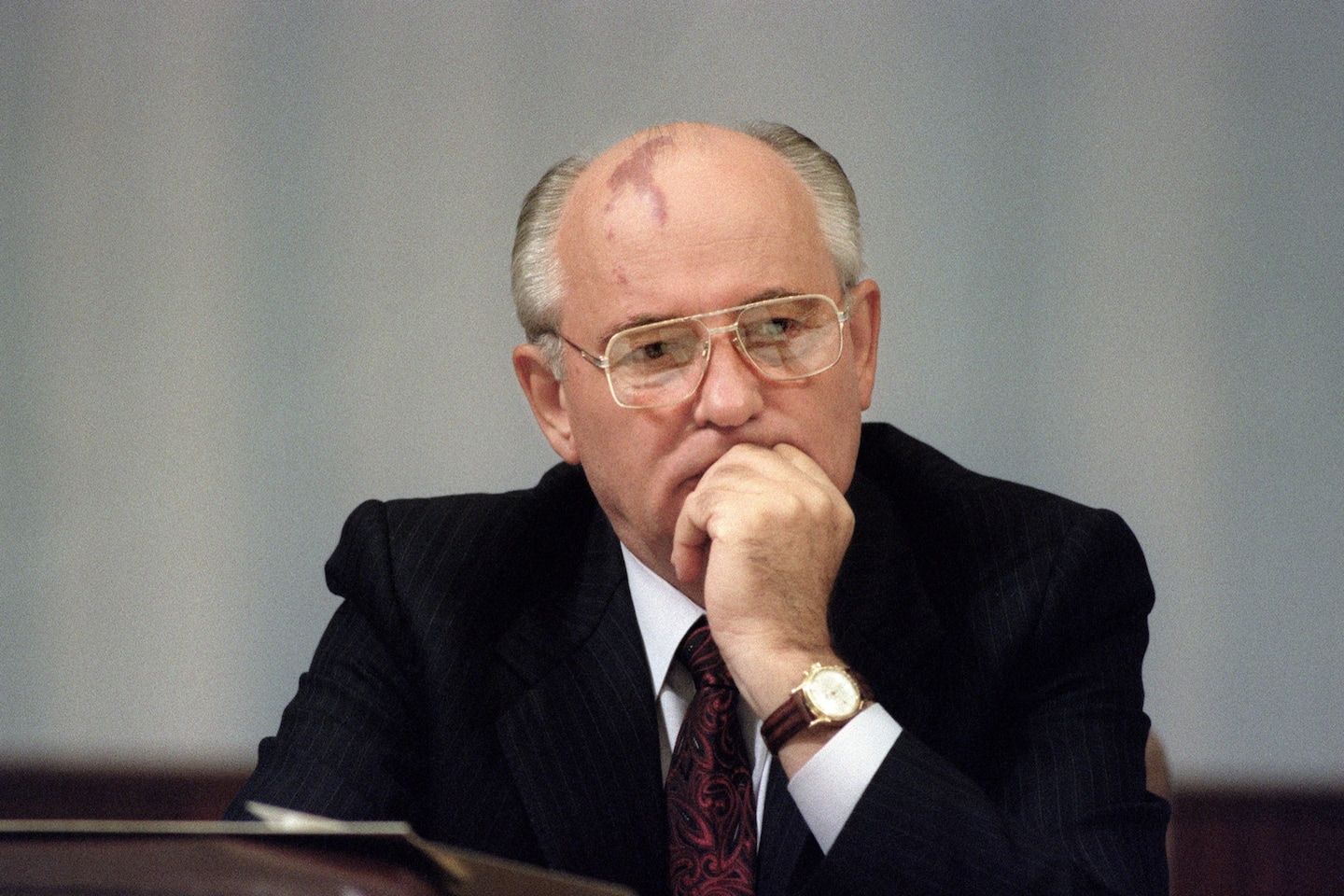Here’s what leaders facing global crises can learn from Mikhail Gorbachev

Gorbachev, who celebrates his 90th birthday on March 2, was perhaps the most radical thinker about security to ever lead a major world power — and certainly the most radical to ever lead a nuclear country. As Soviet president, he reversed generations of perilous military buildup and democratized the Soviet Union to help put an end to the Cold War — a struggle that won him the Nobel Peace Prize. Since the end of his tenure, Gorbachev has continued to argue for new thinking about security, and recent events have vindicated his prescience. In the face of mounting global crises, today’s leaders should heed three lessons Gorbachev has promoted for decades.
First, militarization does not make us safer. As Soviet leader, Gorbachev saw firsthand how it instead often escalates the threat of violence by driving other countries to build up their militaries as well. These expensive investments divert resources from investments in basic needs such as health care and education that truly can deepen human security.
Yet his vision of demilitarization remains not only unfinished but increasingly under threat. Key arms treaties have been allowed to expire, and some nations, including the United States, Russia and China, are now modernizing their arsenals. The United States, for example, plans to order 600 new long-range missiles, each 20 times more powerful than the bomb dropped on Hiroshima. The total cost? $100 billion — $100 billion that, as Elisabeth Eaves of the Bulletin of the Atomic Scientists points out, could “pay 1.24 million elementary school teacher salaries for a year, provide 2.84 million four-year university scholarships, or cover 3.3 million hospital stays for covid-19 patients.” We gain far greater security by investing in our civilization’s health and well-being than by purchasing 600 new ways to destroy it.
Gorbachev’s second vital insight is that security starts with cooperation — even when that cooperation seems impossible. President Ronald Reagan famously called the Soviet Union an “evil empire.” That initial position would deter many in Gorbachev’s position from even attempting to open a dialogue. But, as I have often heard Gorbachev say in gatherings over the years, “if we don’t attempt what seems impossible, we will risk facing the unthinkable.” So he persevered — and, eventually, both leaders came to see that no one could win the Cold War. As Gorbachev put it, “We only won when the Cold War ended.” The improbable partnership with Reagan made the entire world safer.
Of course, this cooperation is even more important today, as the “unthinkable” also includes diseases that know no borders and an environmental crisis that threatens the planet itself. The Biden administration rejoining the World Health Organization and the Paris climate accord and, hopefully, signing back onto the Iran nuclear deal are important steps.
Finally, Gorbachev reminds us that one of the best ways to safeguard our national security is to preserve and advance our democratic institutions. Gorbachev showed how even leaders who emerge from authoritarian systems can implement key reforms that promote democracy. From 1985, when he came to power, Gorbachev introduced presidential and parliamentary elections that remain the freest, fairest elections in Russia’s history. His signature policy of glasnost — or openness — rolled back seven decades of government censorship. He even invested in independent journalism, committing part of his Nobel Prize money to Novaya Gazeta, the country’s leading democratic opposition paper that continues to publish important investigative reporting.
But, here too, Gorbachev’s vision remains tragically unfulfilled. The Russian leaders who followed him, including Boris Yeltsin, who used tanks in 1993 to disband and destroy Russia’s most freely elected parliament, rolled back many of his reforms. That de-democratization has worsened under Vladimir Putin, as evidenced by the recent jailing of anti-corruption critic Alexei Navalny. And, in recent years, anti-democratic and authoritarian practices have been on the rise in countries around the world, including in the United States.
It has been 30 years since Gorbachev left power. But his fundamental insight that true security can better be achieved through demilitarization, cooperation and democratization is even more true today, when the threats to our security come in more forms than ever. Understanding this new security reality is not idealism. It is realism.
Read more:






